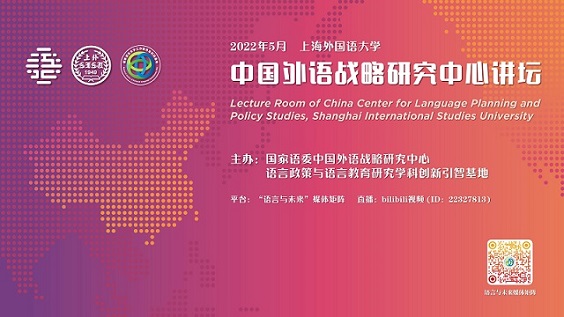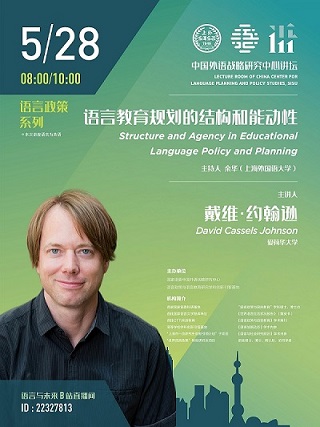
Recent empirical research (Johnson & Johnson, 2015) and theoretical contributions (Bouchard & Glasgow, 2019) have furthered the debate about the role of structure and agency in language policy and planning (LPP). Within social theory, however, they have a more robust theoretical and empirical history. This paper traces the historical development of these concepts, analyzes how they are applied in LPP research, and ends with suggestions for how these theoretical tools can be leveraged to support social justice in LPP processes.
First, I trace the historical development of structure and agency, connecting seminal critical social theory (e.g. Marx, 1948) to modern debates about structuration theory (Giddens, 1979) and critical realist morphogenetic models (e.g. Archer 2005). I examine the debates around what counts as a structure and their power relative to human agency. I argue that both structures and agency can be both constraining and enabling – a point that is typically overlooked in LPP research – and analyze particular language policies as examples.
I then analyze how structure and agency have been applied in LPP research. Empirical investigations of LPP processes tend to emphasize the agency of educators (e.g. Zhao & Baldauf, 2012), while theoretical proposals have focused on the power of language policy as a hegemonic structure (e.g. Tollefson, 2015). I argue that both perspectives are essential for understanding LPP processes. There is always agency within social structures and there is always a structure to agency. What are often depicted as two opposing forces are better described as mutually constitutive and interconnected in LPP processes.
Finally, I argue that an understanding of structure and agency in LPP processes can be applied to LPP research and advocacy efforts, which promote educational practices that center social justice for minoritized and marginalized language users. I outline how this can be enacted.
David Cassels Johnson
David Cassels Johnson is Associate Professor of Education at the University of Iowa and Visiting Professor of Applied Linguistics at Shanghai International Studies University. He holds a Ph.D. (with distinction) in Educational Linguistics from the University of Pennsylvania. His research, teaching, and service focus on how language policies impact educational opportunities for minoritized language users in schools and society. He has held faculty positions in education and linguistics at Washington State University and Texas A&M University and was a visiting lecturer at the University of Equatorial Guinea and the University of Costa Rica. He has published over 40 books, book chapters, and journal articles and serves on the editorial board of five journals.
新闻报道

